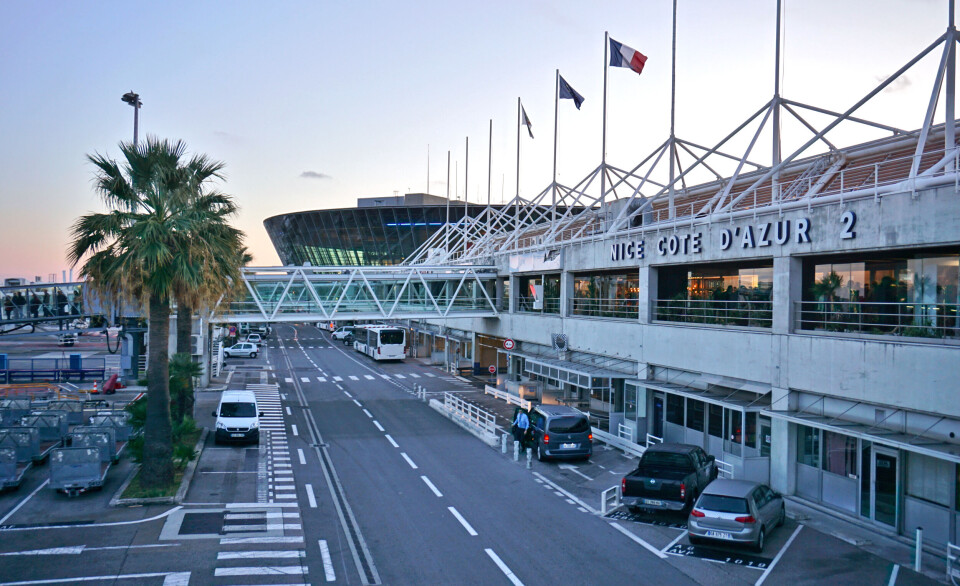These incivilities on public transport in France may soon be punishable by jail time
Repeat offenders who spit, lay feet on seats or play music too loud risk jail time
Security agents would also be given more power under new rules
Here Now/Shutterstock
A number of ‘incivilities’ on public transport such as spitting or putting feet on the seats opposite are set to become serious criminal offences in France, as the government looks to crack down on public disorder.
The aim is to make travelling on public transport safer by increasing the severity of punishments for those who repeatedly break the rules.
Transport Minister Philippe Tabarot strongly backs the bill – he originally introduced it during his previous role as a Senator – and wants to make safety on public transport a priority.
A bill on the matter was passed by the Assémblée nationale yesterday (February 11) however some MPs criticised it for giving excess power to public transport officers.
The Senate already passed a version of the bill last year. It will now go to a mixed commission for further scrutiny.
Key components of the bill would see offences currently punished by a fine – begging, distributing leaflets, smoking or vaping on public transport, or crossing rail lines – become serious criminal offences (délits).
Other more common acts that would become délits under the bill include putting feet on seats, playing music too loudly/disturbing the peace of other passengers, or obstructing doors of the vehicle.
Repeat offenders punished
However, prison sentences will not be issued for those who don’t regularly break the rules.
The bill allows for punishment of ‘habitual’ incivilities, meaning those who are caught a number of times risk the harshest penalties – a €7,500 fine and a six month prison sentence.
Currently, Article L. 2242-6 of the French Transport Code allows for this only in the case of repeated fare evasion.
Read more: Explainer: Difference between contravention, délit and crime in France
Further possible penalties could include a ban from certain stations for repeat offenders.
More power to security agents
The bill also seeks to grant additional power to security agents on trains, trams, metros, and buses across the country.
These agents would be able to carry out additional checks including pat-downs without needing prior approval from the prefecture, and be able to intervene in situations in the immediate vicinity of a public transport station, not only inside its perimeter.
This will notably allow them to prevent street vendors, beggars, scammers, and those distributing material just outside station entrances and exits.
Agents would also be able to confiscate objects that ‘could be used to endanger other passengers’ for up to 48 hours, subject to the approval of the passenger it is taken from. If the passenger refuses, agents could deny them entry.
All agents would be able to wear portable body cameras – which they can choose to activate as and when they wish – to dissuade threats and attacks against themselves and others.
A trial allowing some agents to use these took place last year, with those participating responding positively.
The amendments allowing these additional security measures were passed by the Assemblée nationale, however were criticised by some.
“The gradual and ongoing expansion of the powers of SNCF and RATP agents gives them responsibilities that are increasingly similar to those of the national police,” said Communist MP Elsa Faucillon.
The bill “raises concerns when it comes to individual freedoms,” she added.
Read more: New way for travellers to show identity now accepted on some French trains




























